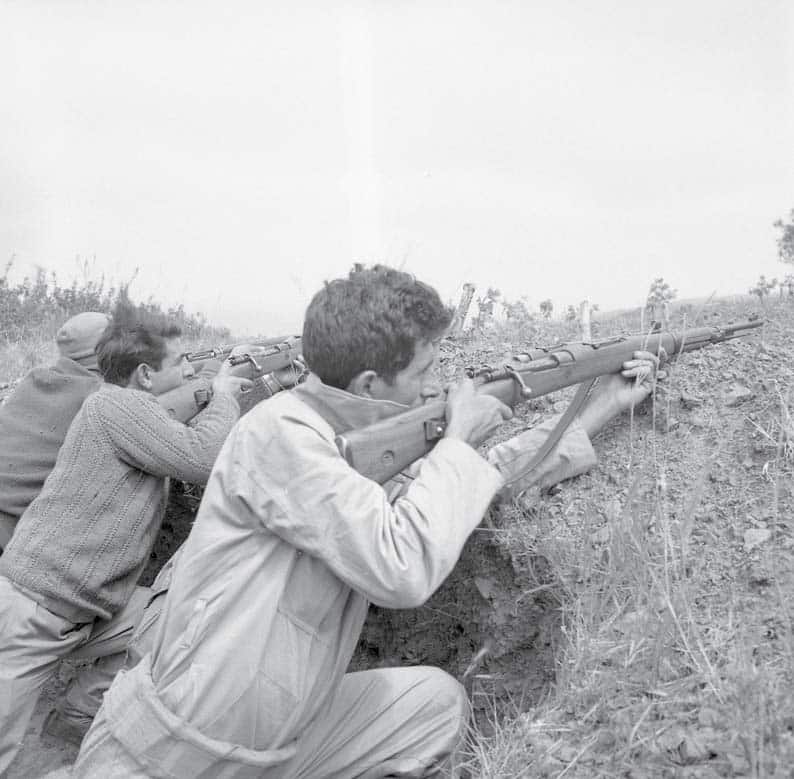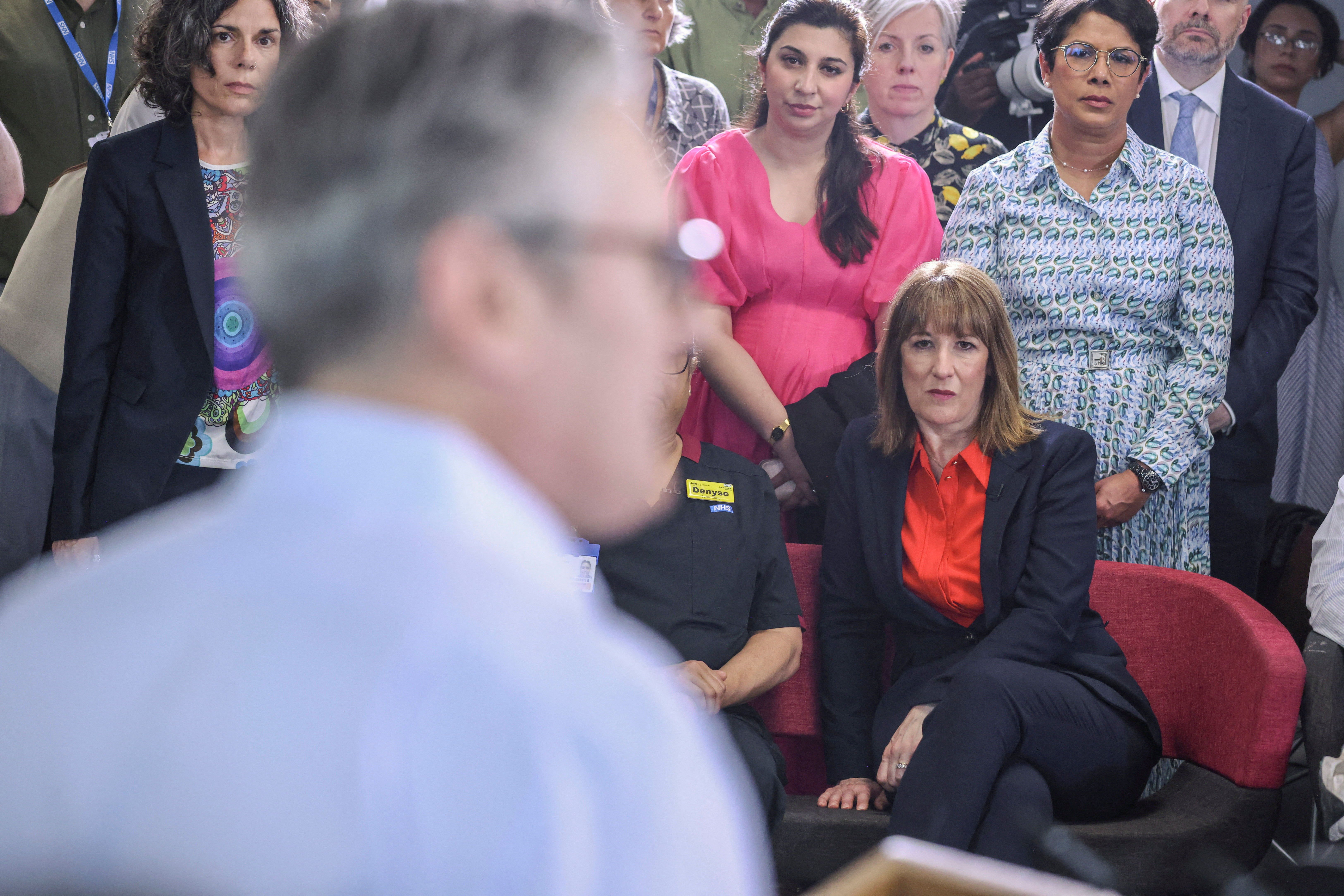But in Cyprus we must learn to forgive
By Fahri Zihni
Many people have a conflicting diary of events. For example, the birthday of a young child may fall close to the date of death of another beloved family member, each anniversary bringing some very mixed emotions of joy and sorrow.
Christmas is here, and there will many people around the world who will be looking forward to enjoying Christmas and New Year festivities through family gatherings and parties.
Among them will be Turkish and Greek Cypriots who will feel sad about their relatives who were displaced or perished exactly 60 years ago. This may seem like a long time, but there are still many people like myself alive today who lived through these horrors. During the few months following December 21, 1963, some 364 Turkish Cypriot and 174 Greek Cypriots were killed, and 25,000 Turkish Cypriot, 500 Armenian and 200 Greek Cypriots were made refugees. This period is known as “Bloody Christmas” to Turkish Cypriots.
These events took place barely three years after the birth of the Republic. Glafcos Clerides, the late veteran Greek Cypriot politician, explained that Cyprus was “born and remained without a national anthem and with a flag, required by its constitution to be of neutral colour and design – a flag which neither the Greeks nor the Turks considered to be their national flag and for the glory of which no one wanted to die”. Ironically, he went on to confirm his personal vision, which is diametrically opposed to the spirit of a multi-cultural “Cypriotness”, by confessing that “I want candidly to admit at the outset that I shared the frustration of my Greek Cypriot compatriots at our failure to achieve our national aspiration to unite Cyprus with Greece.”
Has anything changed over the past 60 years?
Yes, one big difference is that southern Cyprus is a full member of the European Union alongside Greece, and consequently the desire to annex Cyprus to Greece is less compelling to Greek Cypriots. The other difference is that since 2003, millions of crossings have taken place between the north and the south by both communities each year, and this has created more mutual levels of respect and understanding between the two communities.
On the other hand, on every public occasion we see that Greek and Turkish mainland flags still predominate. No other member country flies the flag of another sovereign state alongside its own in the European Union except Cyprus. In 1966, the Cyprus national anthem was unilaterally set to the manifestly anti-Turkish national anthem of Greece by Greek Cypriots and is still in use to this day. Turkish Cypriots do not have a national anthem and use the anthem of Turkey on all public occasions.
The Cypriot calendar dates of cherished celebrations of one side are often the dates of commiseration of the other. These include mainland Turkish and Greek independence days where the victory of the Turks meant the defeat of the Greeks, and the victory of the Greeks meant the defeat of the Turks; on the Cyprus National Day, Eoka fighters are seen by Greek Cypriots as national heroes, and evil murderers by Turkish Cypriots; and July 20 is a day which for Greek Cypriots marks the day their country was forcefully invaded by Turkey, but for Turkish Cypriots signifies their day of liberation from their Greek Cypriot oppressors.
Regrettably, I am not sure that enough has changed in the hearts and minds of the two communities, who are victims of their own fervour in nationalism. The recasting of the great historic glory of Hellenism into a vehicle for irredentist nationalism is a problem. “Megali Idea” associated with Hellenism, the concept of establishing a Greek state which would include the large Greek populations that were still under Ottoman rule and parts of the southern Balkans, Anatolia and Cyprus is as absurd as it is archaic to perceive in the modern era. It also places far too much psychological burden on people to achieve the impossible “one day” and made to feel a failure for each day that this fails to materialise. Sadly, young recruits to the Greek Cypriot military still take a solemn obligation to achieve this goal.
Unfortunately, regressionist “Ottomanism”, the notion of returning to Ottoman empire’s glory days, as some see it, also exists. However, this is to a much lesser degree among the Turks, thanks to Mustafa Kemal Ataturk’s reforms. This notion is even less prominent in the minds of Turkish Cypriots who have always been closer to the spirit of Ataturk’s ideals.
The tragic events of 1963-64, and 1967 when the Kofinou massacre was committed are often glossed over as “inter communal conflict” because they don’t fit in with the Greek Cypriot government’s narrative that life was good for both communities until “Turkey invaded Cyprus”.
As I discussed in my previous article “Establishing a truth commission is long overdue” it is important for both communities to recognise the past failures of their own communities in maintaining peace and order in Cyprus. Truth and reconciliation are indivisible if a positive relationship is to be realised for these communities, irrespective of the style of governance that they may or may not implement in the future.
We cannot and must not forget the ill deeds of the past, but recognise that forgiveness is a gift that humankind holds within its treasure chest. One can only hope that all Cypriots can find it within themselves to present this gift to each other for this Christmas or New Year, and beyond. I wish readers of all religious, spiritual or agnostic backgrounds a happy and fulfilling festive season.
Fahri Zihni is former chair of Council of Turkish Cypriot Associations (UK), a former policy advisor at the UK’s Cabinet Office and a former president of Society of IT Management, UK







Click here to change your cookie preferences